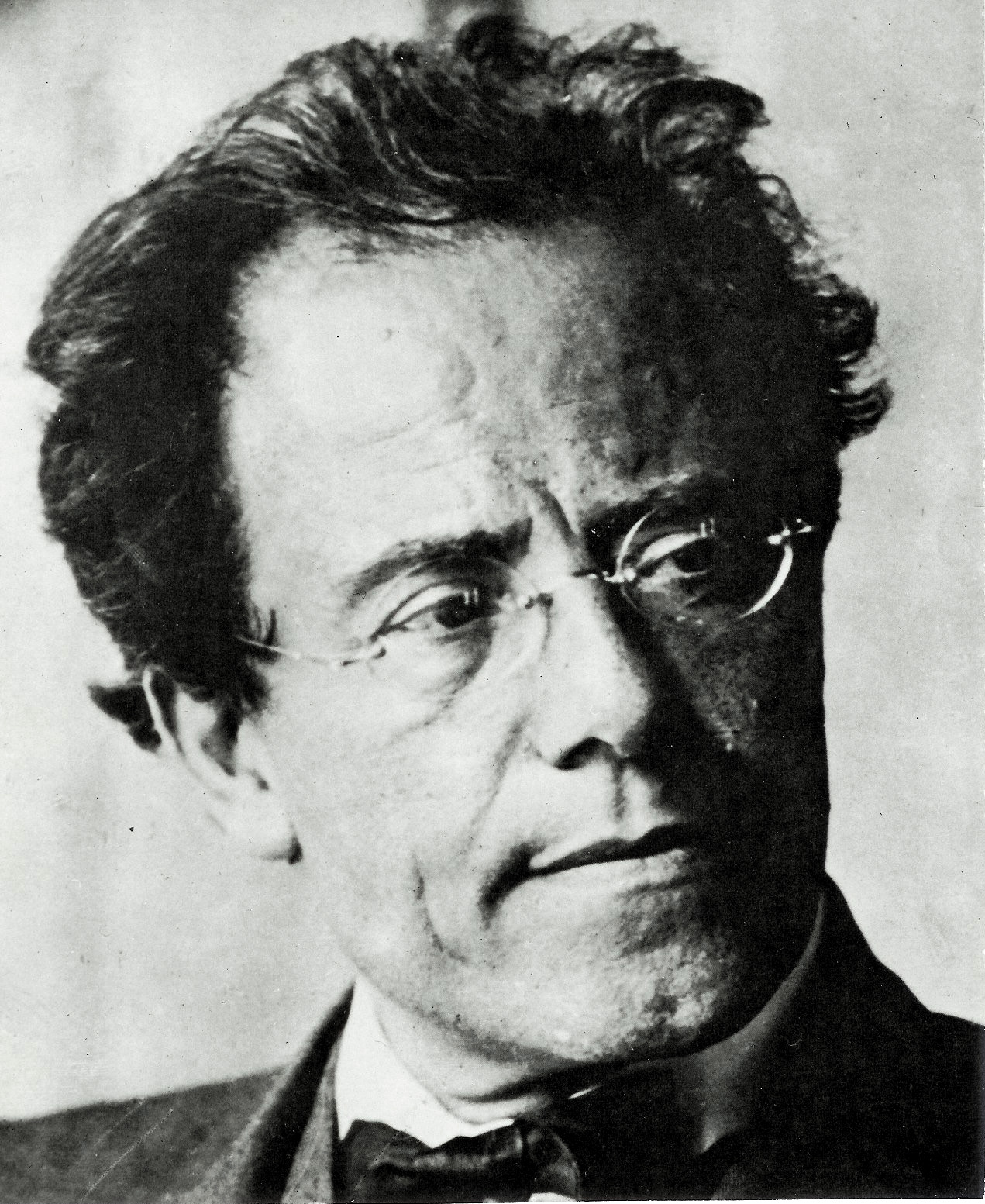"Koh is a risk-taking, high-octane player of the kind who grabs the listener by the ears and refuses to let go." --The StradFast facts about Jennifer Koh, RPO guest violinist September 26 and 28:
- ➤ Koh made her debut with the Chicago Symphony at age 11
-
➤ and won the International Tchaikovsky Competition, the Concert Artists Guild Competition, and the Avery Fisher Career Grant in 1994.
- ➤ She's performed with the world's leading orchestras, including the New York Philharmonic, LA Philharmonic, Chicago Symphony, Cleveland Orchestra, National Symphony, Atlanta Symphony, and Philadelphia Orchestra. She also performs frequently at Carnegie Hall, the Kennedy Center, and the Kimmel Center.
- ➤ Koh is passionate about music education, launching an innovative education and outreach program called Music Messenger. Watch her visit to a public school here:
- ➤ Koh has diverse and adventurous musical taste, embracing the classics of the violin repertoire
- ➤ while also championing contemporary pieces and composers. Hear her thoughts on Lutoslawski's Chain 2, which she recently performed with the New York Philharmonic:
-
➤ And watch her performance in this excerpt from Philip Glass's Einstein on the Beach:
- ➤ She's a Grammy–nominated recording artist (for String Poetic which includes music by John Adams, Jennifer Higdon, Carl Ruggles, and Lou Harrison).
- ➤ Her talents extend beyond music: she has a BA in English literature from Oberlin College.
Hear Jennifer Koh perform Mendelssohn's Violin Concerto with the RPO and guest conductor Jun Märkl, September 26 and 28. The program also includes Mahler's First Symphony and Aaron Jay Kernis's New Era Dance.





